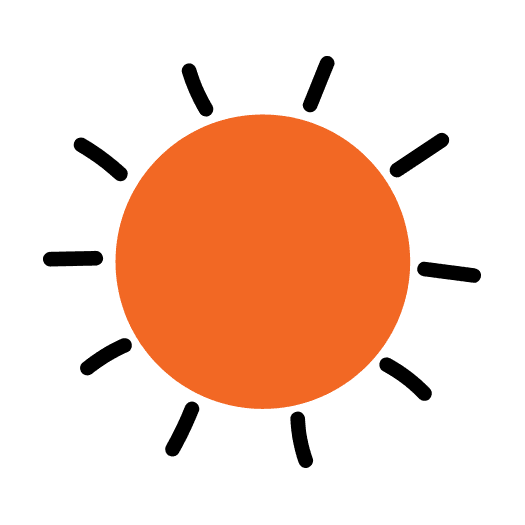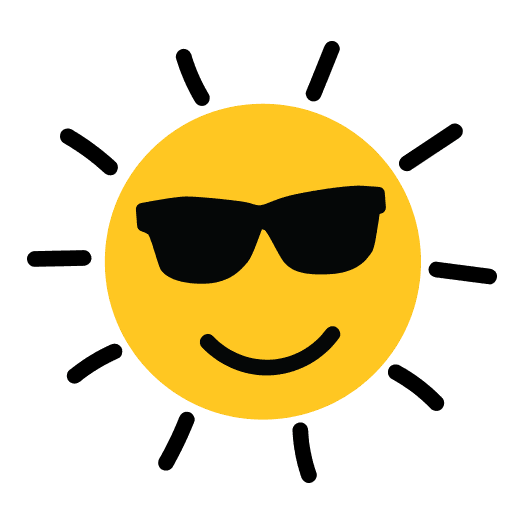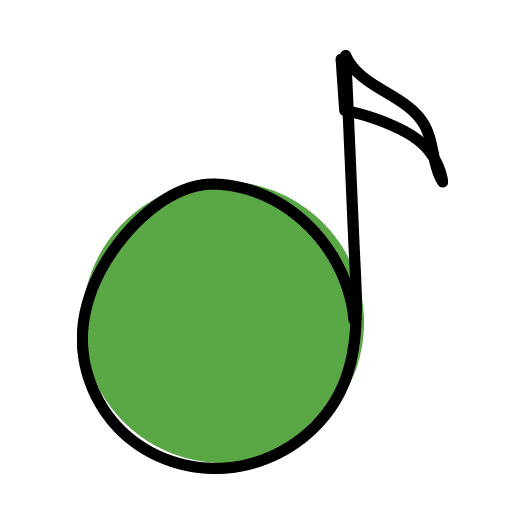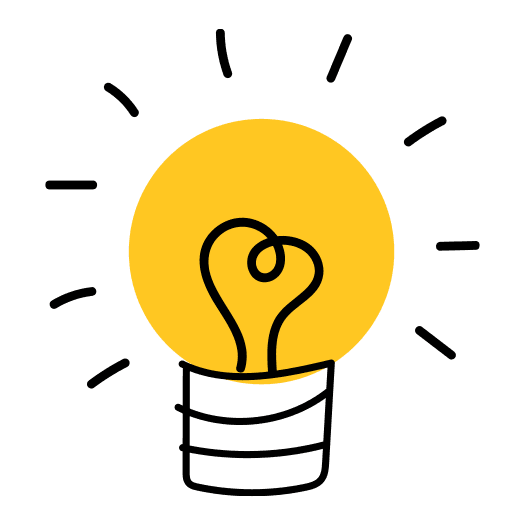
We all know we shouldn't stare at the ginormous flaming ball of gas in the sky. It's dangerous to look at the sun without proper eye protection. But you don't want to miss rare astronomical events, like the total solar eclipse of April 8, 2024! So how can you observe the sun while staying safe?
What you need are ISO certified eclipse glasses. (ISO stands for the International Organization for Standardization.) Eclipse glasses have special solar filters that block out most of the sunlight and radiation. An adult should check that the glasses meet the ISO 12312-2 Standard for Solar Viewers. Make sure there are no holes or rips.
It's also possible to observe an eclipse using the projection method. Instead of looking directly at the sun, you can look at a projection of the sun's image with a pinhole camera. Learn to make your own, or explore eclipses with other science fun! Ask a grown-up for help with the activities on these websites: Canadian Space Agency
Canadian Space Agency Discover the Universe
Discover the Universe National Aeronautics and Space Administration
National Aeronautics and Space Administration Ontario Science Centre
Ontario Science Centre Queen's University
Queen's University
Other ways to experience the eclipse: Watch a livestream with NASA or the University of Toronto's Dunlap Institute
Watch a livestream with NASA or the University of Toronto's Dunlap Institute Listen to a sonification (musicians will play data as sound!) from the Exploratorium
Listen to a sonification (musicians will play data as sound!) from the Exploratorium Feel and hear a rumble map through the Eclipse Soundscapes app
Feel and hear a rumble map through the Eclipse Soundscapes app Read a social story from the Museum of Discovery
Read a social story from the Museum of Discovery Share your own observations with NASA's Eclipse Soundscapes Project
Share your own observations with NASA's Eclipse Soundscapes Project
As for regular sunglasses, they're not designed for gazing into the fiery heart of a star. Sunglasses are not eclipse glasses, no matter how dark they are! What they can do is help protect your eyes from everyday sun damage when you're out and about. The Canadian Association of Optometrists recommends sunglasses that block UV-A and UV-B radiation. There are different types of lens coatings and tints. Ask your eye doctor for more insights!
Want to learn more about eclipses and the sun? Check out these books from your library! You can also join our event Space, Planets and Eclipses with Kids Science on Monday, April 8 at 11 am. Let's discover how and why eclipses happen and learn some out-of-this-world facts!
Related wonders:
Is there a dark side of the sun?
What is the dark side of the moon?
